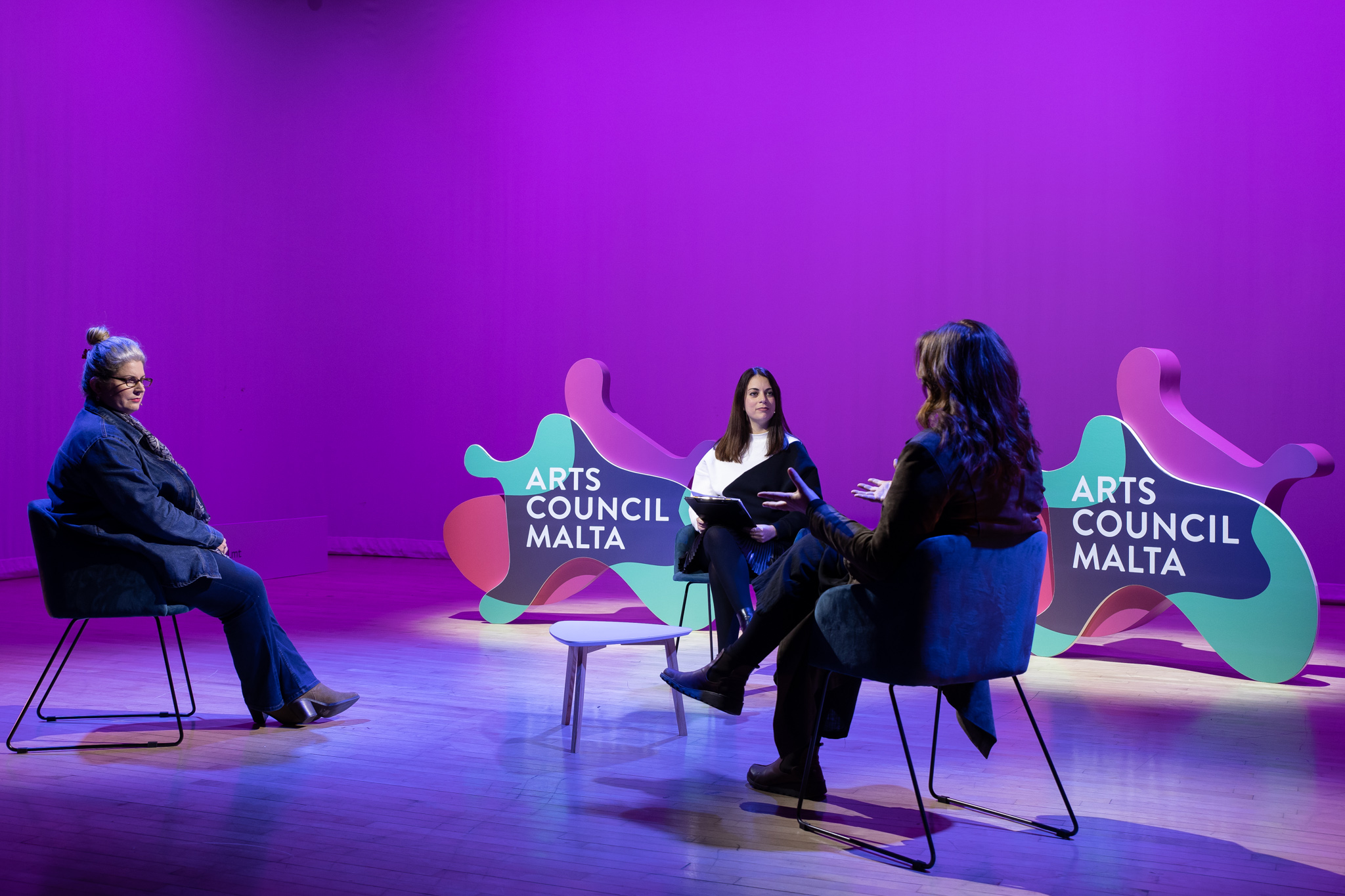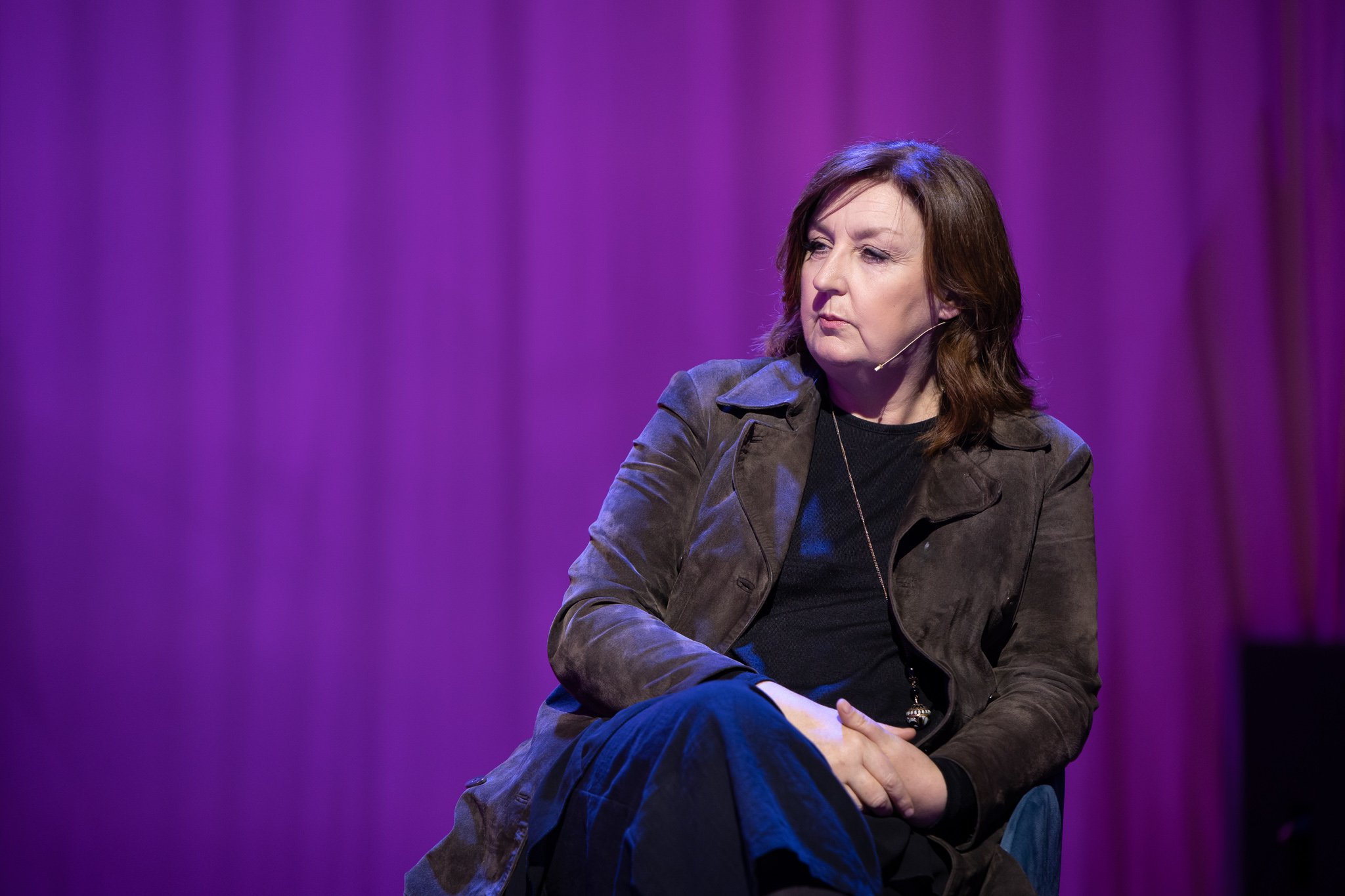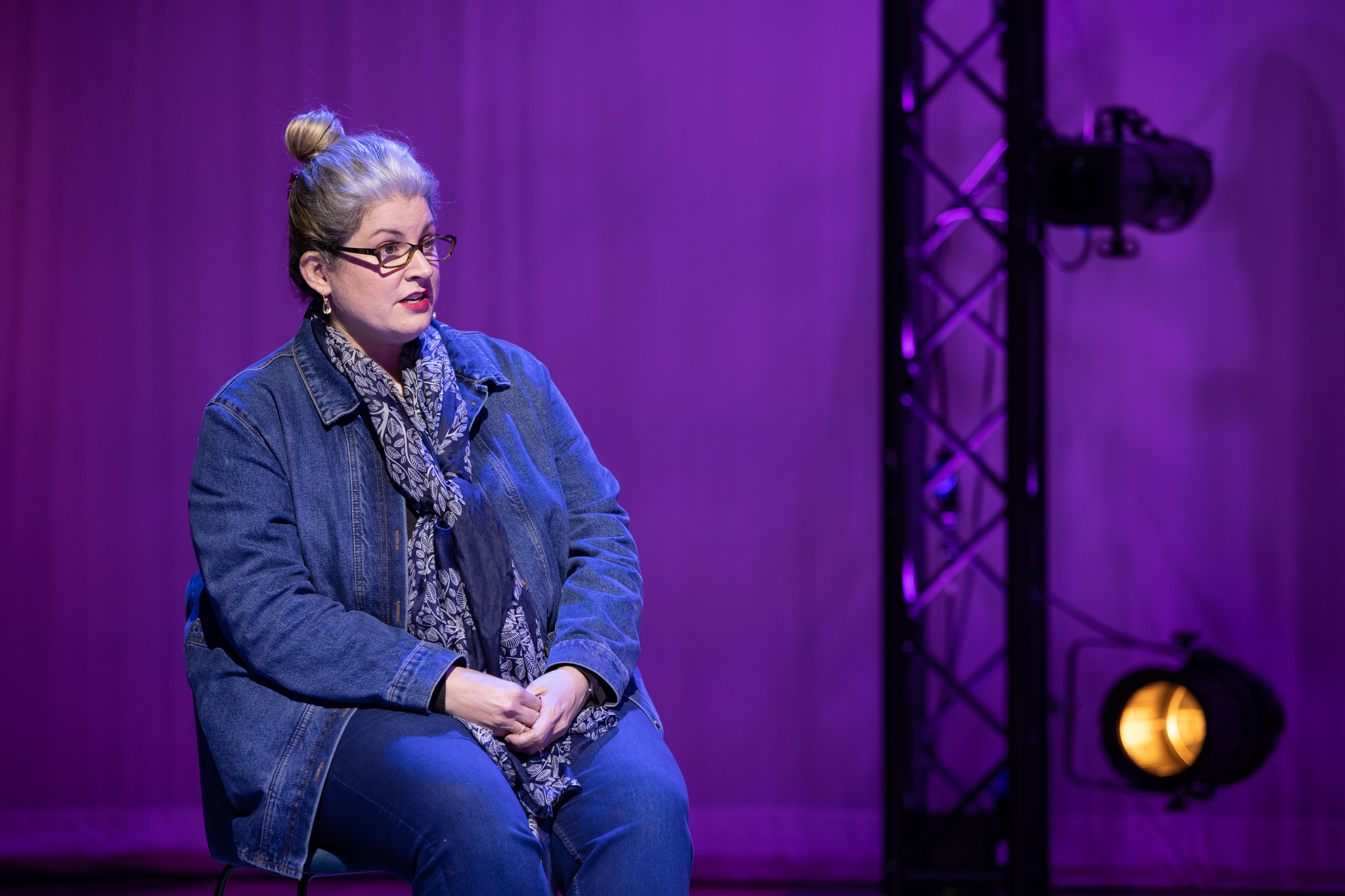Targeting younger audiences in our cultural programmes?
ACMHangouts, coordinated and hosted by Elaine Falzon, is back with a new April session that puts the spotlight on attracting younger audiences to cultural programmes. This month’s guests discuss the various challenges presented by getting children to cultural venues and events while securing their long term engagement.
Why should we target younger audiences? Are we doing enough to cater for children and young people and to cater for their engagement? This month’s ACMHangouts session focuses on the questions and more, as guests discuss the relevance of considering young audiences as a main target audience for artistic projects and the process involved in creating work for young audiences, together with the challenges this presents.
Elaine Falzon kicks off the discussion by asking her guests why they believe that it’s so important for children to be exposed to the arts from a young age. Denise Mulholland, freelance director and educator, explains that exposing children to drama, music and other artistic subjects is crucial. This, she says, should be done not only as part of a school curriculum but also by offering the opportunity to attend live productions that are tailored specifically for them.

Kate Fenech Field, learning and participation manager at Teatru Manoel, agrees, stating that she grew up in an opera-loving family, which meant that she enjoyed such exposure from a very young age. When she eventually started working with children, the need of ensuring that younger generations are also exposed to cultural programmes was immediately evident.
Does exposure at an early age impacts possible engagement with the arts at a later stage?
Denise believes so, stressing that it also impacts various aspects of a child’s life, from socialising to developing empathy skills, co-ordination and more. Kate adds that, in order for this exposure to happen, artists also need to cater for the parent and to ensure that this exposure becomes part of a long-term routine.

Elaine asks how artists can go about attracting a young audience to a particular performance, especially given that usually it’s an adult who’s the artistic director. Denise acknowledges the challenge, pointing out that even if you have the best programme if parents don’t know about it or aren’t inclined to bring their kids, you’re missing out on a big demographic.
Kate delves into ways that can be used to communicate with a young, especially a teenage, audience. If they haven’t already experienced cultural programmes at a young age, engagement becomes even more difficult.

The discussion then turns to the local landscape, with both Kate and Denise delving into the importance of keeping the arts as part of a regular school curriculum while presenting them as viable career options, as well as of funding. Neither Toi Toi nor ZiguZajg festival would be possible without such funding, they explain.
Teatru Anon artist Pierre Stafrace also joins the discussion, walking the audience through the process of creating a performance for a young audience from the artistic perspective. Teatru Anon presented The Little Prince during the ZiguZajg 2021 programme, and Pierre explains how the St Exupery classic deals with themes of love, friendship, loneliness and loss that are relatable to young children and to adults. The challenge, he adds, was to find ways of adapting these themes to a wide audience, from eight year old upwards.
Pierre also states that one of the biggest mistakes when targeting a young audience is downgrading the production, delving into the measures they took to avoid doing this for The Little Prince.
The final guest for this session is Martha Vella, Artistic Director of ZiguZajg. ZiguZajg is the first theatrical experience for many young people, she explains, adding that these audiences tend to be the most genuine. Creating and proposing works for young audiences is important for many reasons, including the educational, transformative, imaginative development. But it’s also important to the artists themselves, as younger audiences will always be ready with very honest feedback about any given production. Matha also mentions the importance of keeping theatre accessible to everyone, explaining that ZiguZajg focuses on having an accessible programme, with at least one performance for audiences who have different needs. It’s the artists’ duty to ensure access to everyone, she concludes..
Watch the session below.
Submitting ...
Saving ...
Any applications related to this entity, will also be automatically deleted.